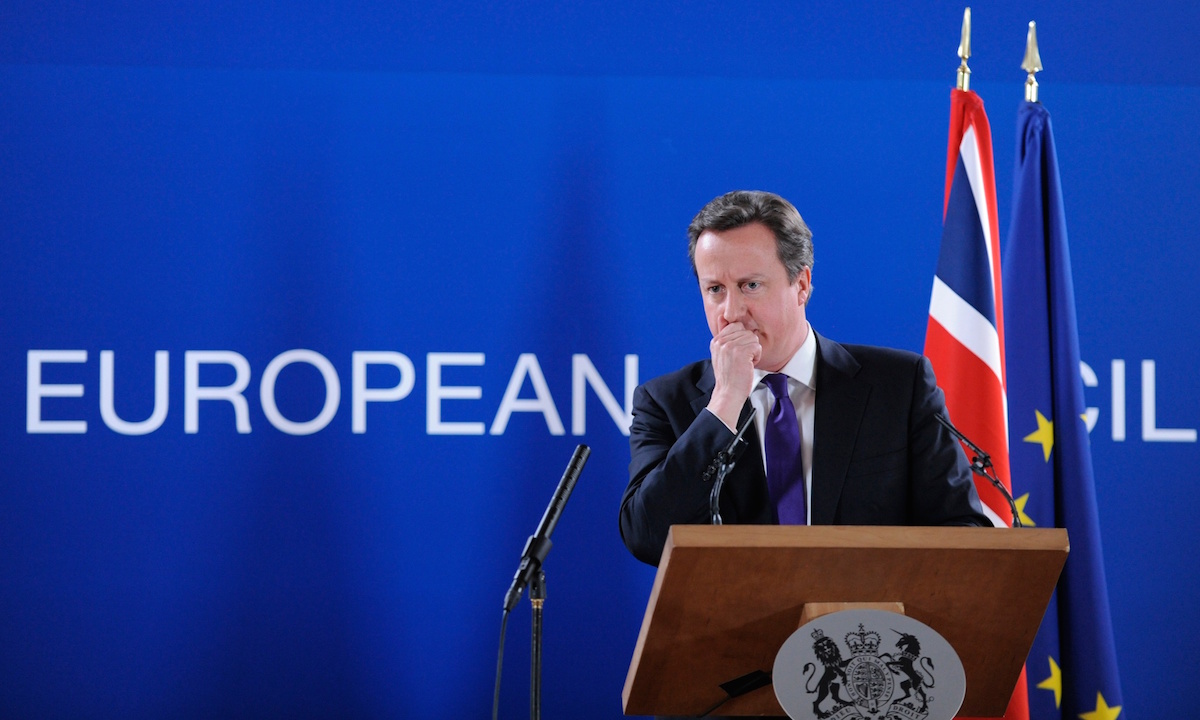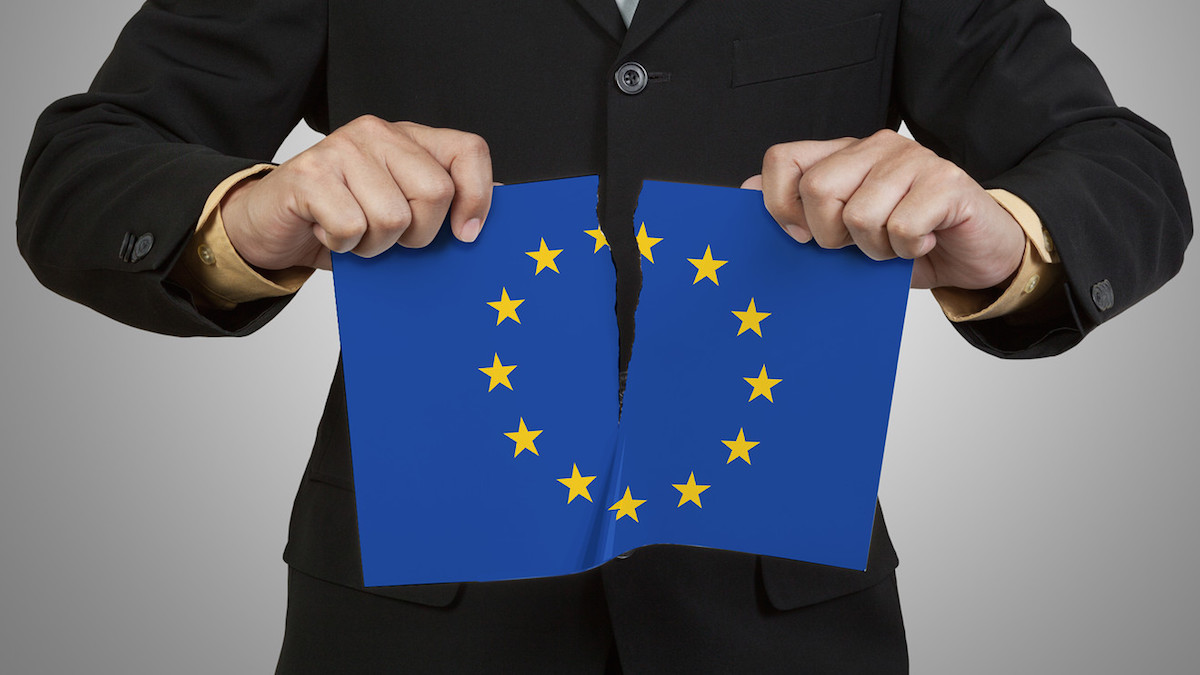The results of the UK legislative election quickly brought the idea of a "Brexit" (British Exit), i.e. the possible exit of the United Kingdom from the European Union, to the forefront of people's minds.
 The results of the UK parliamentary elections on May 7th, 2015 awarded the Conservatives 331 of the 650 seats, securing them a majority in the house without needing to form an alliance with another party. However, during his election campaign, the Conservative Party leader, James Cameron, very clearly discussed the subject of the European Union and the UK's future within it, mentioning in particular the possibility of a renegotiation of membership terms for the UK. He also committed to there being a referendum in 2017 on the relationship the UK should have with the EU.
The results of the UK parliamentary elections on May 7th, 2015 awarded the Conservatives 331 of the 650 seats, securing them a majority in the house without needing to form an alliance with another party. However, during his election campaign, the Conservative Party leader, James Cameron, very clearly discussed the subject of the European Union and the UK's future within it, mentioning in particular the possibility of a renegotiation of membership terms for the UK. He also committed to there being a referendum in 2017 on the relationship the UK should have with the EU.
The British Conservative Party has always been reserved, even hostile, towards the EU, which it considers to be very restrictive. This is an attitude shared by a number of British businessmen, Graeme Macdonald for example, Managing Director of the British construction giant, JCB. Mr Macdonald recently said that "European regulation is a "burden"," adding:
"It's sometimes easier to trade with the US than with Europe."
It is an opinion shared by other entrepreneurs and in particular by SMEs which feel they have to contend with European legislation they deem cumbersome and complex. Graeme Macdonald has no qualms in saying the UK would be better off if it left the EU, stating, "leaving the EU would not make a scrap of difference to trade," This is, however a view that is not shared by most of the business world, which believes "Brexit" would be a predictable economic disaster.

It is true that in leaving the EU, the UK would no longer have to participate in the European budget, its contributions often described as too heavy by fiscal policy-makers, despite the 3% decrease Margaret Thatcher managed to obtain in 1983. The UK would also be free of European regulations implemented by Brussels, and so allow the UK to regain control of its migration policy, a concern for the majority of the UK population.
But the downside of "Brexit" has been analysed by experts and suggests it would have serious negative repercussions on the UK economy.
From an administrative point of view, the procedure for a country to leave the EU is complex, lengthy and expensive.
The slightest hint of a possible exit by the UK in 2017 will cause high uncertainty in the market and reduce investments pending the outcome of the referendum, if there were to be one. The British Pound has already experienced a more turbulent period than usual in the wake of the Conservative victory and the mention of "Brexit". Companies and banks are now worried about James Cameron's manifesto, as it could already harm the British economy.
From a trade point of view, the United Kingdom's membership of the European Union has enabled the UK market to enjoy free trade, that is, the removal of trade barriers between EU countries, making the EU the largest importer of UK goods. According to the Open Europe think tank, if the UK could no longer enjoy the single market, prices would rise on many products such as medication (+ 4.5%), automotive (10%), and food and tobacco (+ 20%).
Similarly, the immigration control argument favoured by those hostile to the EU may also have a negative effect on the UK economy which, like that of other EU countries, is faced with an aging population.
Economists have looked into various scenarios to quantify the impact of "Brexit". According to their estimates, a "quick" UK exit would cost the yearly sum of 56 billion pounds (78 billion euros) in the decade following "Brexit", which represents a loss of -2.2% of UK GDP. The Bertelsmann Foundation believes per capita GDP may even drop by 14%.
There is another scenario to consider, namely the negotiation of an exit for the UK accompanied by a free trade agreement such as that currently enjoyed by, for example, Switzerland or Norway. In this way the UK would be able to conserve some of the pros associated with being part of the single market. It's a scenario that seems plausible, although the expected economic impact depends on the source : between 0.8 and 0.6% of GDP. With this second scenario, however, the UK would have to meet respect European regulations.
Other sectors may also be heavily impacted, such as scientific research, for example, currently widely supported by European funding programmes."Brexit" would be an unprecedented setback for the British scientific community.
The aspects of the European Union called to a 2017 referendum have not yet been clearly defined, and there are no guarantees that the regulatory burden on businesses would be the crux of the debate.







